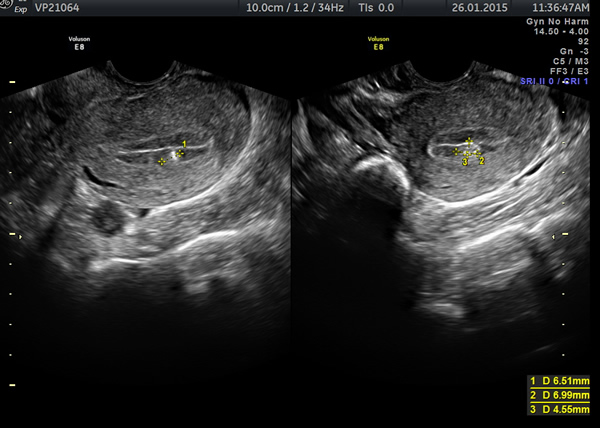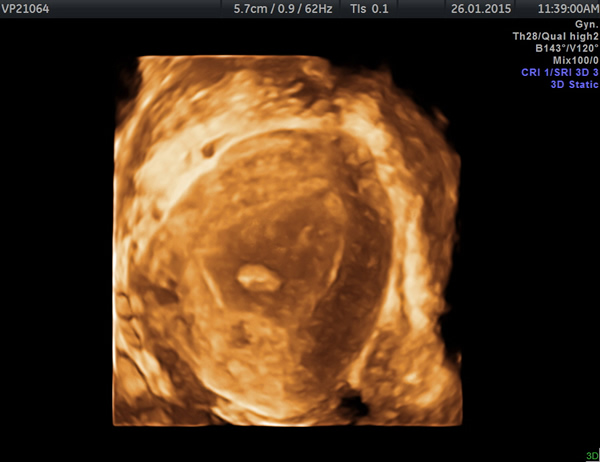Menstrual problems
Any abnormality of the womb can cause a menstrual disorder such as heavy bleeding, frequent bleeding, post-menopausal bleeding or painful periods.
Common menstrual disorders include missed periods (amenorrhea), as well as periods that are unusually heavy or long (menorrhagia), unusually light (hypomenorrhea), unusually frequent (polymenorrhea), unusually infrequent (oligomenorrhea) and unusually painful (dysmenorrhea).
Menstrual disorders can be caused by a wide variety of conditions and diseases. Common causes include failure of the ovary to release an egg (anovulation), polycystic ovarian syndrome(PCOS), endometriosis, pelvic inflammatory disease (PID), pregnancy complications, cancer, and uterine disorders such as polyps or fibroids. Pregnancy is the most common cause of a missed period.



